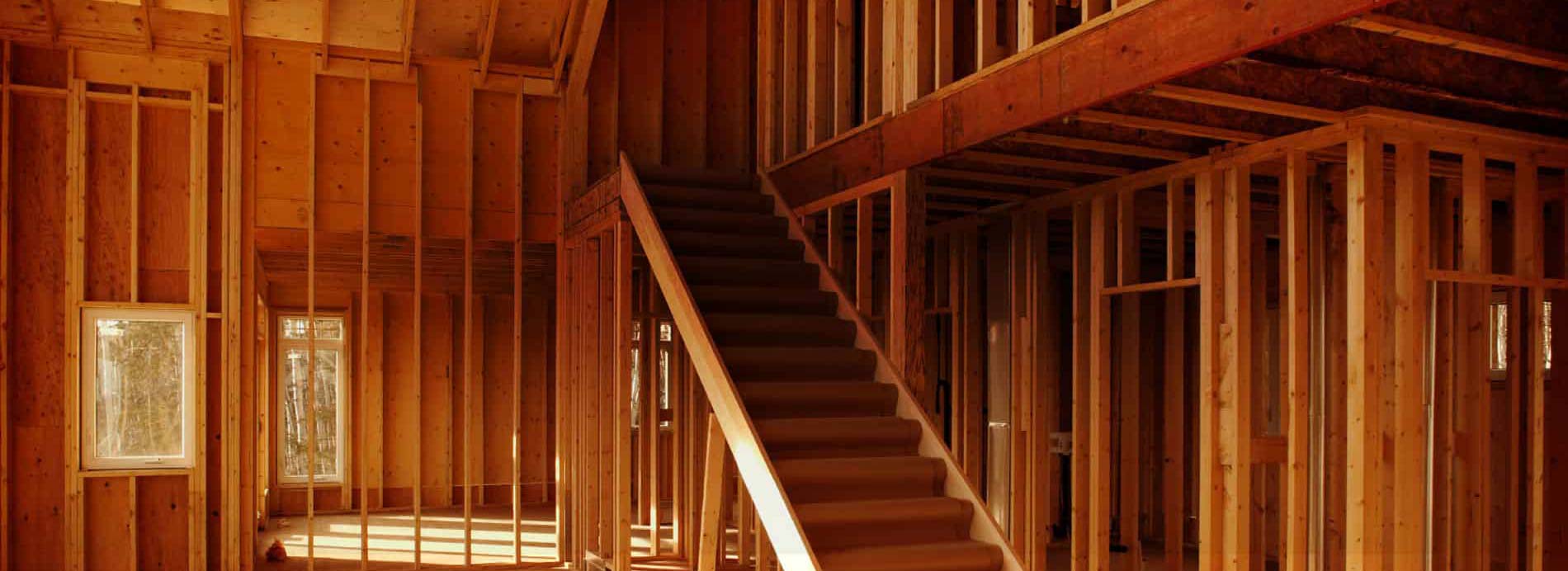![]() New Jersey’s Evolving Building Trends in 2024
New Jersey’s Evolving Building Trends in 2024
The building sector in New Jersey is undergoing a dramatic transition in 2024, one that is focused more on innovation, sustainability, and community-centered development. Statewide, developers and architects are adopting a number of ideas that are changing both the built […]
Read More »



